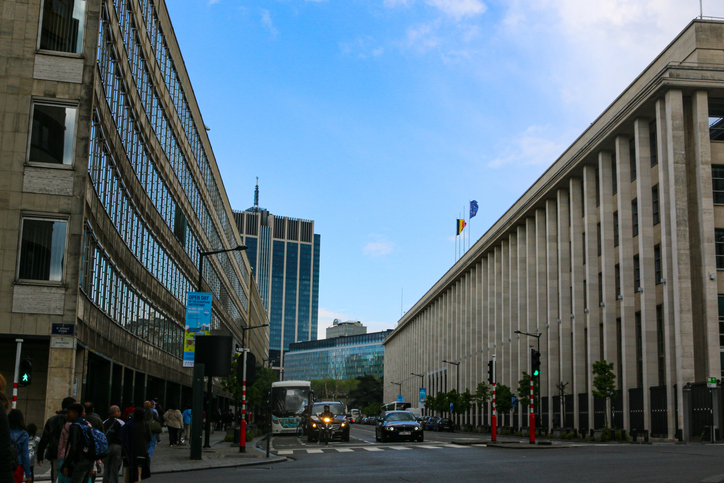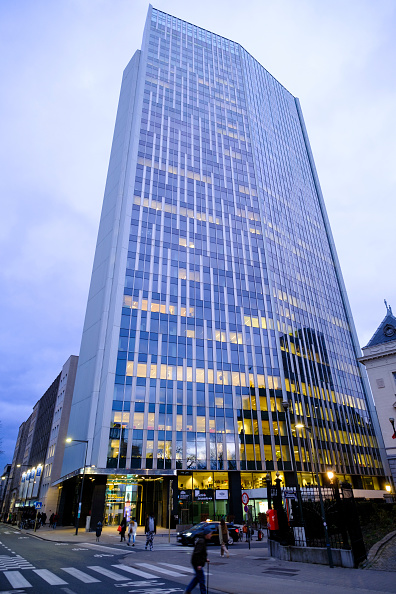A television documentary about unemployment benefits has triggered a heated debate in Belgium.
The controversy comes just months after the country — now led by a right-leaning government since February — ended Europe’s last unlimited unemployment benefit, part of a broader shift towards stricter labour and social policies.
The programme Without a Job: All Fraudsters? by Belgian journalist Christophe Deborsu, aired on November 9 on francophone channel RTL-TVI, reporting on people who receive job-seekers’ or social-aid payments.
It set off a political storm, with reactions ranging from strong criticism of the documentary’s portrayal of welfare recipients to broad support and general debates over social fraud, long-term sickness, and the role of government and mutuelles, the non-profit health insurance organisations.
Some accused the Deborsu of bias, while others praised him for highlighting a reality they said was too often ignored.
Georges-Louis Bouchez, President of the Liberal MR party, told Belgian press that he was “deeply shocked but not surprised” by what the documentary showed.
“One person out of two in my region doesn’t work,” he said. “Belgium has the highest number of long-term sick people in Europe — twice as many as France or Germany. That’s the result of a lax system and lack of control.
“This lady receives €900 in family allowances for her three children, plus €2,400 from the mutuelle.
“Or a CPAS [the Public Centre for Social Welfare] gives her cheques … In fact, this mutuelle has no interest in pushing long-term patients back to work.
“After the first year, there’s only one check per year, and then nothing — it’s unverifiable if someone complains about back pain or burn-out,” Bouchez added.
On social media, he also remarked on RTL’s studio commentators’ reactions to the documentary, calling it “pure scandal” and saying they are trying “to make inactivity look legitimate”.
Bouchez’s critics said he was exaggerating social problems and accused him of using the documentary to attack welfare recipients.
He argued that he did not accept comparisons to tax fraud, saying “social fraud costs us a warship”.
“We have all the tools, including access to bank accounts, to fight tax fraud…They confuse it with corporate tax fraud, where companies prefer to pay taxes abroad because taxation is so high here,” he added.
The Socialist Party (PS) offered a different view.
Party President Paul Magnette said the PS “is firmly opposed to all forms of fraud and abuse” but warned against “caricature”.
“Refusing fraud doesn’t mean stigmatising,” he said. Magnette emphasised that the documentary ignored the majority who actively seek jobs — young people without experience, older workers considered “too expensive,” or employees dismissed after factory closures — and said that the PS will “defend work, fair pay and dignity”.
Gaëlle Denys, president of the CPAS (Public Centres for Social Welfare) in Verviers, in the French-speaking part of the country, also appeared in the documentary and later said her words had been taken out of context.
“I don’t condone everything, but I can understand,” she said, noting that most people who turn to social aid “are not fraudsters but simply trying to survive”.
Deborsu did not respond to our questions at the time of publication.
He had told Belgian media Capitale that “he was sticking to his investigation, without any further comment”.
A few days earlier, Capitale reported that “probably after seeing the social-media storm”, he had reacted on social media: “About yesterday: A reporter reports and does not judge. Respect and thanks to everyone who participated in this programme.”





